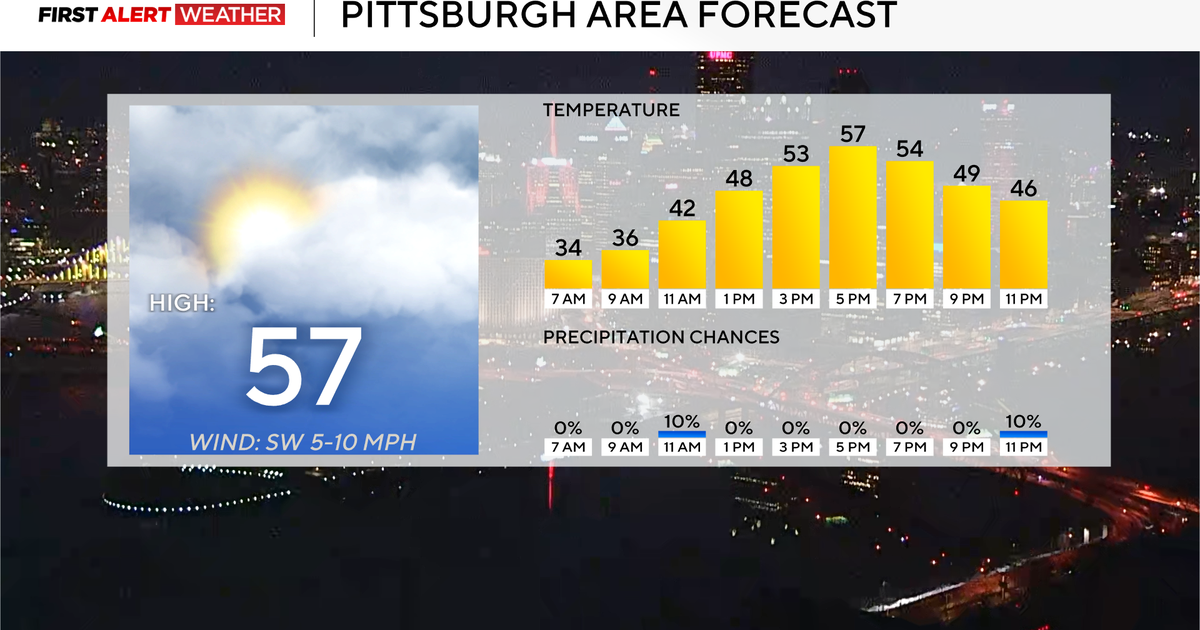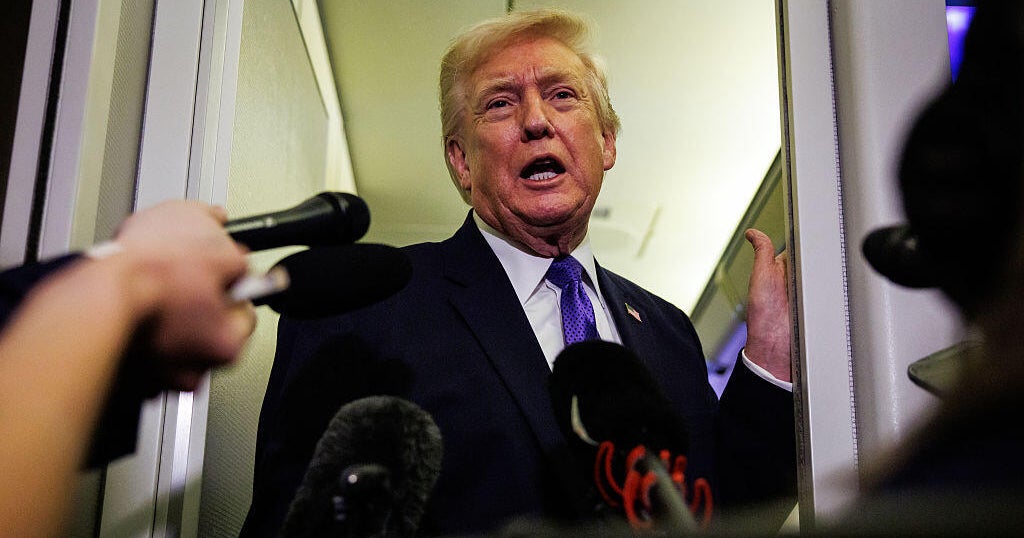Good Question: What Happens If U.S. Goes Into Default?
MINNEAPOLIS (WCCO) -- When it comes to credit, we all have our limit. And the U.S. government has maxed out its $14.3 trillion debt ceiling. So what happens if the limit isn't raised? What happens if the United States can't pay its bills?
A political argument over reigning in government spending has turned a rather routine move into high-stakes drama. Congress has raised the debt ceiling 74 times since 1962 and 11 times since 2001, according to congressional research.
"It's a mess," said Sterling Smith, a St. Paul-based market analyst.
He said, if the United States didn't raise the debt ceiling, it would essentially be in "default" on its loans.
"We would not be paying interest on the bonds or those that were outstanding," said Smith, "so if you owned a treasury bond, you would not collect your interest."
According to President Barack Obama, tens of billions of dollars of Social Security and veterans checks would be in jeopardy.
"I cannot guarantee that those checks go out," said Obama, "if we haven't resolved this issue. There may not be the money in the coffers to do it."
"I think that is more political brinkmanship and some scare tactics than the reality of it because the government does take in a lot of money and can meet those immediate obligations to the citizenry," said Smith.
He did say that it would force some very tough decisions, because the government would have to balance its budget immediately: and stop spending more than we take in.
"They're going to have to make tough decisions, and they'll have to do it on a dime, very quickly," he said.
Smith said he would expect to see drastic cuts to defense spending rather than cuts to programs like Medicare or Social Security.
More importantly, the world would be watching.
"That would strain our markets, because U.S. debt is the biggest thing traded in the world," said Smith. "Right now we pay 3 percent on $14 trillion of debt. That's a lot of money. But imagine if interest rates would normalize at 6 or 7 percent -- 7 percent of 14 trillion? That's $1 trillion just in interest payments."







